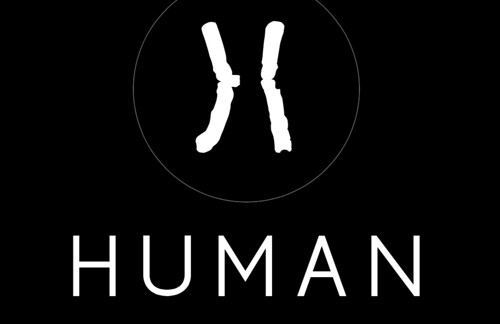If Wearables are to Succeed, They Must Be More Than Just Another Small Screen to Charge
 What’s in store for the emerging world of wearables?
What’s in store for the emerging world of wearables?
Michelle Sklar caught up with Kharis O’Connell, founder of Human at the #BCTECH Summit, last week to find out.
MS: What is Human?
KO: We are a product design, product solution foundry company. We design products in the emerging platforms space, such as wearable tech, VR, AR. We develop for the industrial internet of things. In other words, we tackle everything that isn’t a typical website.
MS: In Wearable Tech industry, the emphasis seems to be more on inventing cool stuff, not necessarily addressing challenges that an industry faces. How does Human approach developing wearable tech?
KO: It’s of paramount importance that we understand what problems need to be solved. It isn’t about just inventing technology, but rather tech needs to be the by-product of trying to solve a problem.
What we do is start with the user and what is the problem we are trying to solve? Once we identify what that is, it could be wearable device, engrained in clothes, but we don’t get into the weeds until later in the process, once we have really determined should this exist?
We don’t want to make trinkets, there is a lot of that around. There are a lot of real world problems that can be solved elegantly if we approach it the right way. We have a very measured and metered process to this.
MS: What are your thoughts on how lifestyle wearables can be best integrated into our lives?
KO: The Apple Watch is a nascent platform that hasn’t been exploited well. People are still struggling from moving from the desktop and web to mobile apps.
If we are going to make wearables successful, meaning more than just another small screen we have to charge, they have to disappear into our lives. No one has successfully done that yet on any platform. To date the focus has been on making apps, things you mess with by pressing buttons, for example. It will be interesting watching wearables evolve to things that ambiently track what you are doing, help you when necessary, you don’t have to pull request they push information to you.
MS: Themes at the #BCTECH Summit included building our intelligence capital through education system, the challenges of growing and nurturing our talent pool and enabling market access. Can you share some of your thoughts on how you are approaching these issues?
KO: I give a number of talks at UBC about the Future [of technology], for example. Our tendency seems to be to focus on the tangibles, such as learning specific languages, such as HTML.
What we really need to be teaching are the fundamentals, from a programmatic perspective, those include mathematics, which are somewhat “unsexy.” But as computers dissolve into our everyday lives programming, designing and developing is going to get harder as things are going to get more complex. The UK, as an example of countries who have been integrating coding into their school curriculum, seems to be doing well. Although, still in the early days and therefore we are waiting to see fruits of that labour. This is a good initiative, but not everyone will want to work in tech, or will even be successful in tech, so there still has to be room for kids who just want to do art, paint pictures, etc, there needs to be a balance.
MS: How are your procuring, cultivating and retaining talent for Human? Is it important to you to work with talent in-house or remotely?
KO: The ideal situation is to always have people in-house. Ours is a very integrative process designing, so outsourcing is the last on the list of how we want to be doing things.
We tend to go for specific skill set, hybridized, where a person needs to be comfortable being around hardware, electronics, programming languages, but not married to any one thing. We take people out of their comfort zone and challenge how and what they learned in the more traditional sense. Talent has to be nurtured inside companies. We have had good luck finding clever people, but I don’t know how we are going to scale that, Vancouver is small city for tech, but going to get better.
MS: What’s next for Human?
KO: We are in collaboration with a large industrial firm based here in Vancouver. We are working with them understanding their use cases and concerns, so we can help them innovate and come up with interesting solutions both in hardware and software. Stay tuned.











